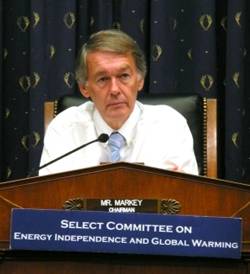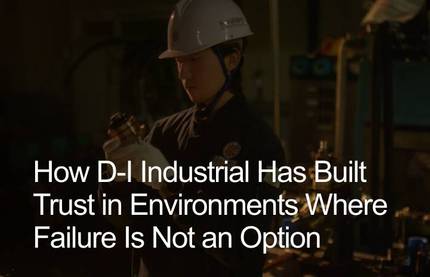Rep. Markey Debuts “Stop Oil Spills” (SOS) Bill
Rep. Edward J. Markey (D-Mass.) last week introduced the “Stop Oil Spills Act,” a bill to fund research into new oil spill prevention and response technologies. Following BP CEO Tony Hayward’s admission that his company did not have a “tool-kit” to respond to a sizeable spill from a deep-water well, Markey introduced the bill to create a research program to develop 21st century oil safety and spill response technologies.
“As the big oil companies have continued to push the limits to drill ultra-deep, it has become painfully clear that they have not kept pace with technology needed to make the drilling ultra-safe and to have any potential cleanup response be ultra-fast,” said Markey, the Chairman of the Energy and Environment Subcommittee and the Select Committee on Energy Independence and Global Warming.
“This legislation would divert money from Big Oil subsidies to scientists and spill response experts, to ensure that our country’s best and brightest minds can develop the technology that is sorely lacking when it comes to oil spill prevention and response.”
The SOS Act will not increase costs to taxpayers. The bill is paid for by redirecting $50 million per year in oil and gas royalty payments that are now being used to subsidize industry development of deepwater drilling technologies, something that industry has the resources and incentives to perform on its own. The bill redirects those funds to a Department of Energy grant program to develop next-generation technologies to prevent or stop offshore drilling spills.
This new program will help to ensure that we avoid future offshore well blowouts like the one that led to the current disaster in the Gulf of Mexico, so that in the event of a blowout, that we have the right tools on hand to stop the spill quickly and effectively.
The bill requires the Secretary of Energy, in consultation with the Secretary of Interior, within 6 months to establish a program to award support for the development, demonstration, and commercialization of innovative technologies to prevent, stop, or capture large-scale accidental discharges of oil or other hydrocarbons from offshore oil and gas drilling operations, including deep-water and ultra-deepwater operations.















